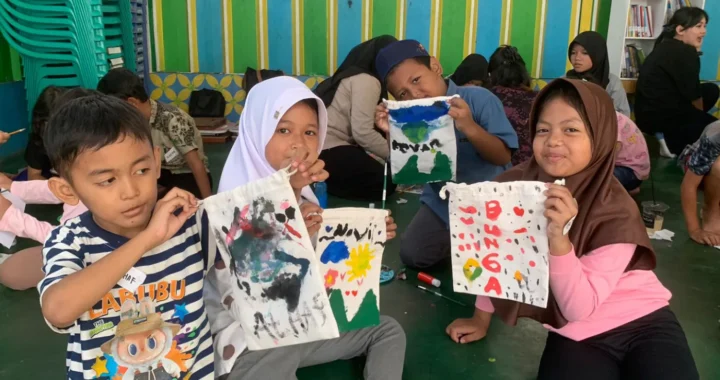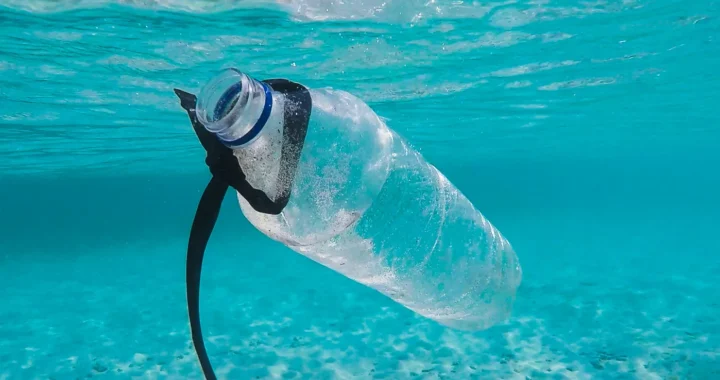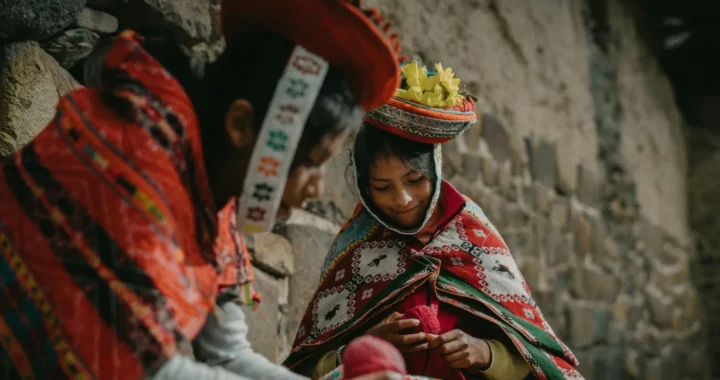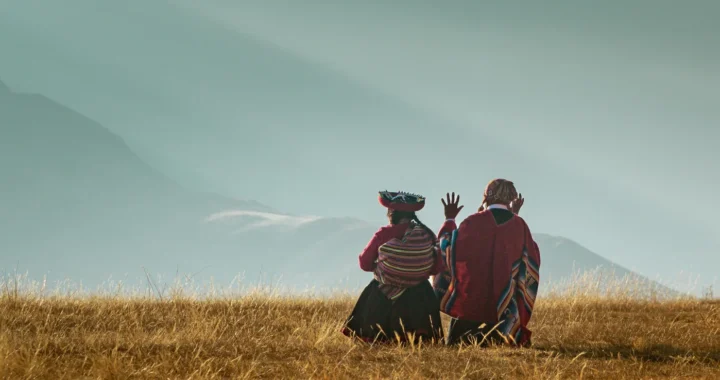Between the Lines: Climate Change, Development, and Citizen Science in Vietnam

Illustration by Irhan Prabasukma.
Vietnam is facing an ever-increasing threat from climate change, and building climate resilience is a top priority for the government. As a result, policymakers look to citizen science and are now rolling out national action plans that include mobilizing the nation’s youth as citizen scientists.
Vietnam and Climate Change
Although Vietnam signed the Paris Agreement on Global Climate Change, it acknowledges the ongoing journey towards effective implementation. One crucial aspect lies in addressing the science related news gaps essential for active engagement in combating local climate challenges.
In recent decades, Vietnam has experienced a surge in climate extreme weather events, including floods and droughts. The government’s National Action Plan underscores the importance of fostering sustainable consumption and production practices in Vietnam.
Given the increasing recognition of Vietnam’s susceptibility to transboundary climate change and environmental issues resulting from rapid industrialization and biodiversity decline, the central government has implemented several green growth initiatives to transition to a green and clean future. These include a target to reduce greenhouse emissions by 15% and increase renewable energy sources by 20% by 2030.
Citizen Science in Vietnam
Historically, this policy framework has only been delivered as a “top-down” implementation. Yet, at the commune level, and especially seen in the Mekong Delta, there’s a developing participatory approach that is taking root. For example, at the Mekong Environment Forum, established seven years ago, Nguyen Minh Quang and others (in a complete disclaimer, I am also a co-founder) continue to develop citizen science workshops.
Citizen Science refers to scenarios where members of the general public, often in collaboration with professional scientists, collect and/or analyze data relating to the natural world. Millions of Vietnamese armed with smartphones now have a convenient means to record their observations and share them with scientists, thanks to the widespread availability of free downloadable apps.
Vietnam has embraced digital technology, and as a result, society and individual lives are changing. In a previous interview completed in 2018, Thi Thuy Binh, a member of the Vietnam Forum for Environmental Journalists in Hanoi, asserted, “Ordinary citizens’ growing access to the web is behind a rising tide of environmental activism.”
Citizen science serves as a vital tool in democratizing science and advancing the aim of ensuring the equitable access to scientific data and information. That type of data produced by citizen science groups are now recognized as crucial resources for scientists, applied users, and advocates of the 2030 Agenda for Sustainable Development.
Response from the Government
Vietnam’s media gatekeepers and policymakers recognize the potential benefits of greater connectivity to promote openness and transparency, especially when natural resource security is at stake and there’s a need for foreign investment from the West. So, in addition to economic growth and public safety, the national government is learning—like the native bamboo—to bend with the wind rather than break in response to citizens’ evolving requirements amidst climate change.
The issue is clear. How does the government maintain public confidence through continued economic growth while addressing the challenges posed by climate change, development, and pollution, therefore potentially creating a huge dilemma for policymakers?
In Vietnam, environmental protection is often linked to economic benefits and resource exploitation. So, it does appear that the country’s adoption of measures on climate change and its compliance with the Intergovernmental Panel on Climate Change fuel their legitimacy as a responsible partner in the global community. This often translates as investment dollars flowing into the country.
Striking a Balance
In the Mekong Delta, policy leaders understand that climate change threatens food security since rice is the most important food security crop in Vietnam. The ‘rice bowl’ has already lost nearly 250,000 acres of land. Climate change and upstream dams on the Mekong River are partly to blame. The farmers and provincial authorities are witness to sea level rise and the continuing saltwater intrusion in the rice paddies.
On the other hand, the socio-economic developments determine, to a large extent, the ever-increasing pressure on the delta’s land and water resources, even more than climate change. This new war waged against these stressors requires the full engagement and participation of all citizens.
Thus, the state must strike a balance between reducing the effects of climate change and promoting socio-economic development. The water, energy, and food nexus will prove to be a major litmus test for enlightened state policy, and citizen-wide participation through citizen science is a part of it.
Editor: Nazalea Kusuma
Publish your thought leadership and insights with Green Network Asia, learn more about our Op-ed Article Guidelines.

Subscribe to Green Network Asia
Strengthen your personal and professional development with cross-sectoral insights on sustainability-related issues and sustainable development across the Asia Pacific and beyond.

James Borton
James is a senior non-resident fellow at Johns Hopkins SAIS and the author of Dispatches from the South China Sea: Navigating to Common Ground. He has recently launched Mekong Dispatch, a news aggregator serving the region.


 Inisiasi Lantara: Sparking Reading Interest Since Childhood Through Literacy Events
Inisiasi Lantara: Sparking Reading Interest Since Childhood Through Literacy Events  FINZ Standard: A Science-based Framework to End Fossil Fuel Financing
FINZ Standard: A Science-based Framework to End Fossil Fuel Financing  The State of Plastic Pollution in Southeast Asia and East Asia
The State of Plastic Pollution in Southeast Asia and East Asia  Challenges and Opportunities of AI for Indigenous Peoples
Challenges and Opportunities of AI for Indigenous Peoples  Looking into Mobile-based Early Warning Systems
Looking into Mobile-based Early Warning Systems  Buen Vivir, the Indigenous Andean Philosophy amid the Social and Ecological Crisis
Buen Vivir, the Indigenous Andean Philosophy amid the Social and Ecological Crisis